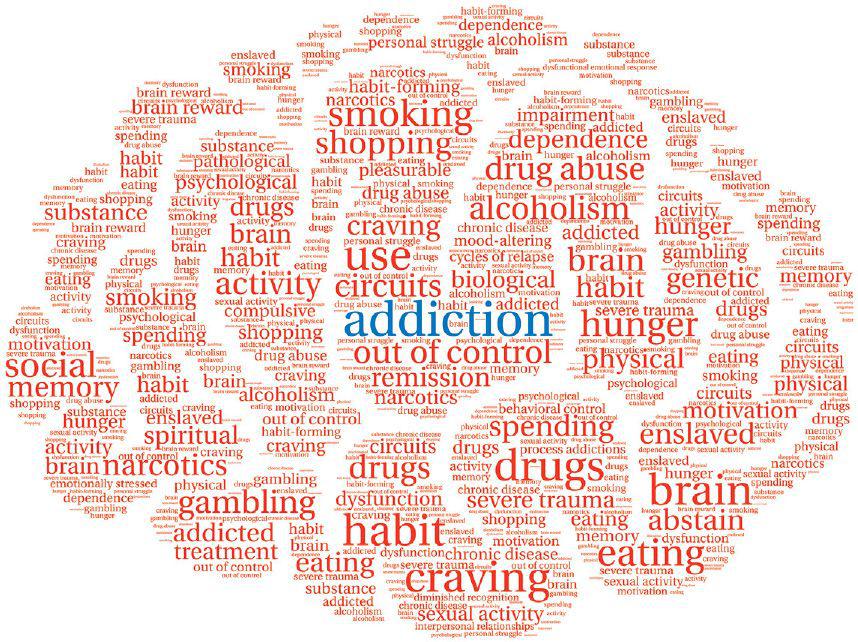Mental illness lack of empathy
A neurological basis for the lack of empathy
image: This is response in the right amygdala across groups of low (L), medium (M) and high (H) psychopathy participants, when they adopted an imagine-self and an imagine-other affective perspective while viewing bodily injuries. Groupwise effects (bars at the bottom of the figure) are expanded to show the contribution of continuous PCL-R subscores on factor 1, which encompasses the emotional/interpersonal features of psychopathy. view more
Credit: Decety. J, Chenyi. C, Harenski. C, and Kiehl. K, A. <i>Frontiers in Human Neuroscience</i>, 2013.
When individuals with psychopathy imagine others in pain, brain areas necessary for feeling empathy and concern for others fail to become active and be connected to other important regions involved in affective processing and decision-making, reports a study published in the open-access journal
Frontiers in Human Neuroscience.
Psychopathy is a personality disorder characterized by a lack of empathy and remorse, shallow affect, glibness, manipulation and callousness. Previous research indicates that the rate of psychopathy in prisons is around 23%, greater than the average population which is around 1%.
To better understand the neurological basis of empathy dysfunction in psychopaths, neuroscientists used functional magnetic resonance imaging (fMRI) on the brains of 121 inmates of a medium-security prison in the USA.
Participants were shown visual scenarios illustrating physical pain, such as a finger caught between a door, or a toe caught under a heavy object. They were by turns invited to imagine that this accident happened to themselves, or somebody else. They were also shown control images that did not depict any painful situation, for example a hand on a doorknob.
Participants were assessed with the widely used PCL-R, a diagnostic tool to identify their degree of psychopathic tendencies. Based on this assessment, the participants were then divided in three groups of approximately 40 individuals each: highly, moderately, and weakly psychopathic.
Based on this assessment, the participants were then divided in three groups of approximately 40 individuals each: highly, moderately, and weakly psychopathic.
When highly psychopathic participants imagined pain to themselves, they showed a typical neural response within the brain regions involved in empathy for pain, including the anterior insula, the anterior midcingulate cortex, somatosensory cortex, and the right amygdala. The increase in brain activity in these regions was unusually pronounced, suggesting that psychopathic people are sensitive to the thought of pain.
But when participants imagined pain to others, these regions failed to become active in high psychopaths. Moreover, psychopaths showed an increased response in the ventral striatum, an area known to be involved in pleasure, when imagining others in pain.
This atypical activation combined with a negative functional connectivity between the insula and the ventromedial prefrontal cortex may suggest that individuals with high scores on psychopathy actually enjoyed imagining pain inflicted on others and did not care for them.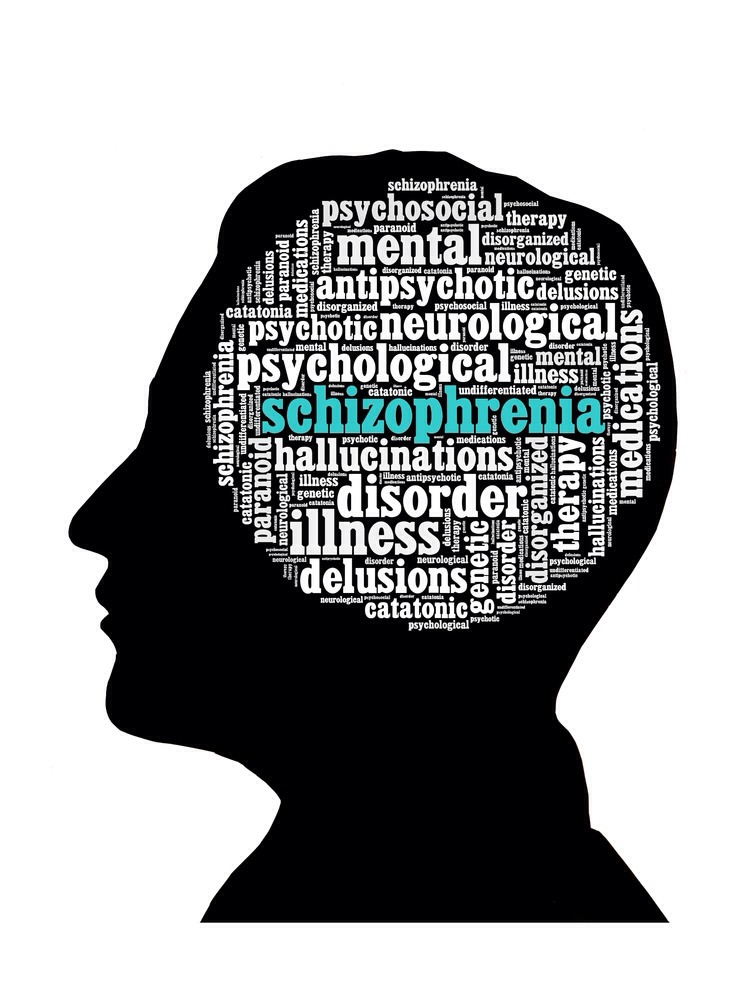 The ventromedial prefrontal cortex is a region that plays a critical role in empathetic decision-making, such as caring for the wellbeing of others.
The ventromedial prefrontal cortex is a region that plays a critical role in empathetic decision-making, such as caring for the wellbeing of others.
Taken together, this atypical pattern of activation and effective connectivity associated with perspective taking manipulations may inform intervention programs in a domain where therapeutic pessimism is more the rule than the exception. Altered connectivity may constitute novel targets for intervention. Imagining oneself in pain or in distress may trigger a stronger affective reaction than imagining what another person would feel, and this could be used with some psychopaths in cognitive-behavior therapies as a kick-starting technique, write the authors.
###
Contacts
Prof Jean Decety
Department of Psychology and Department of Psychiatry and Behavioral Neuroscience
University of Chicago, USA
E-mail: [email protected]
Gozde Zorlu
Press Manager, Frontiers
gozde. [email protected]
[email protected]
Note to Editors
To request a copy of the embargoed paper, please contact Gozde Zorlu: [email protected]
Please cite "Frontiers in Human Neuroscience" as the publication and include a link to the paper, which will become available on the following active URL: http://94.236.98.240/human_neuroscience/10.3389/fnhum.2013.00489/abstract
Article title: An fMRI study of affective perspective taking in individuals with psychopathy: imagining another in pain does not evoke empathy
Journal: Frontiers in Human Neuroscience
DOI: 10.3389/fnhum.2013.00489
List of authors: Jean Decety, Chenyi Chen, Carla Harenski and Kent A. Kiehl.
About Frontiers
Frontiers is a community driven open-access publisher and research networking platform. Launched and run by scientists since 2007, Frontiers empowers researchers to advance the way science is evaluated communicated, and shared in the digital era. Frontiers joined the Nature Publishing Group family in 2013.
Frontiers joined the Nature Publishing Group family in 2013.
The "Frontiers in" series of journals publish around 500 peer-reviewed articles every month, which receive 5 million monthly views and are supported by 30,000 editors and reviewers around the world. Frontiers has partnerships with international organizations such as the Max Planck Society and the International Union of Immunological Societies (IUIS). For more information, please visit: http://www.frontiersin.org
Journal
Frontiers in Human Neuroscience
Disclaimer: AAAS and EurekAlert! are not responsible for the accuracy of news releases posted to EurekAlert! by contributing institutions or for the use of any information through the EurekAlert system.
What Does Little Empathy Say About Your Mental Health?
Empathy has become something of a buzzword in today’s increasingly polarized society. Years ago, the only time most of us would hear the word “empathy” was when psychologists talked about sociopathic serial murderers like Jeffrey Dahmer or Ted Bundy on TV crime shows. But what do psychologists mean when they make statements like “Dahmer was unable to feel empathy for his victims,” or “Bundy was a classic psychopath–no morals, no sense of right or wrong, no empathy?“
But what do psychologists mean when they make statements like “Dahmer was unable to feel empathy for his victims,” or “Bundy was a classic psychopath–no morals, no sense of right or wrong, no empathy?“
Dictionary definitions of empathy include this one from Merriam-Webster: “being aware, understanding, vicariously experiencing, and being sensitive to the experiences, thoughts, and feelings of another individual” and this one from the Cambridge Dictionary: ” the ability to imagine another person’s experiences and feelings by putting yourself in that person’s situation.”
Here is a real-world example of the definition of empathy:
Rachel had never liked Roger, her best friend Monica’s boyfriend of one year. Late one night, Monica arrived sobbing and distraught at Rachel’s apartment. Roger had broken up with Monica, claiming he was in love with someone else, a woman he had been seeing for the past three months. Although Rachel had always known Roger was no good, she reserved her judgment, hugged Monica, and listened attentively while Monica talked about how much Roger had hurt and betrayed her.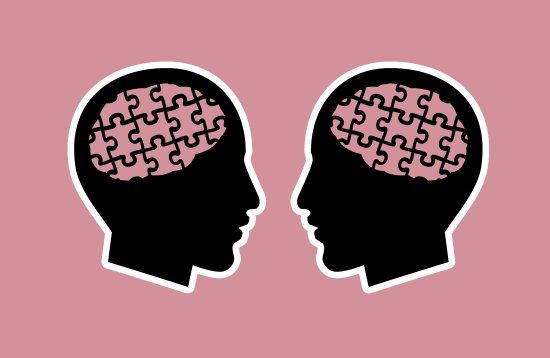 Rachel told Monica several times that she understood how she felt and would help her get through this ordeal.
Rachel told Monica several times that she understood how she felt and would help her get through this ordeal.
Rachel could have said things like “I told you a long time ago Roger was a horrible person,” or You see what happened when you didn’t ditch that guy months ago?” Instead, Rachel empathized with Monica by indicating she genuinely felt and shared Monica’s unhappiness.
How would you have reacted if you had been Rachel, who intuitively sensed from Day 1 that Roger was not a nice person but couldn’t persuade Monica to stop seeing him? Would you have felt sorry for Monica, or would you have felt indifferent and vindicated?
Is There Such a Thing as Lack of Empathy Disorder?
Empathy could be considered a deeper form of compassion that goes beyond simply feeling sorry for someone. When you empathize with another person’s distress, you are sharing that distress, actually experiencing that emotion with another human being. The common expression “I feel sorry for (him) (her) (them)” means you cognitively understand why they are upset but, for one reason or another, aren’t inclined or capable of absorbing the full extent of their emotional state.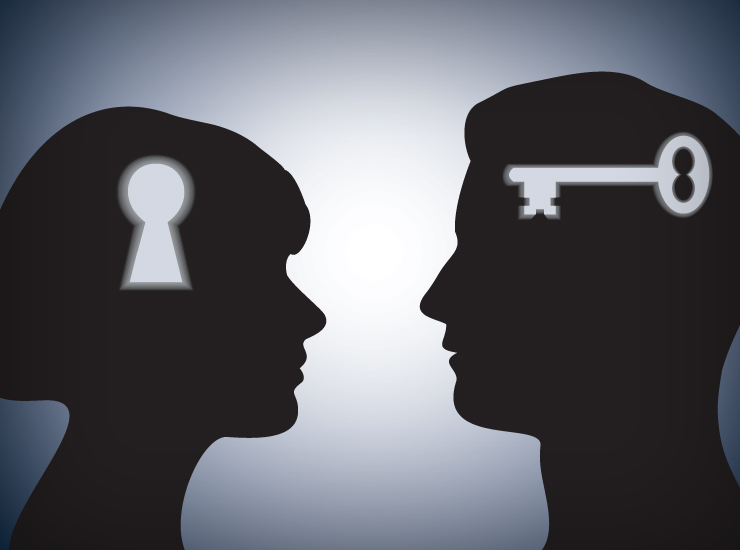
Neuroscientists recently discovered that empathy appears to have emerged at some point in the human evolution timeline. In fact, primitive patterns of empathy have been observed in dogs, rats, and primates. What’s even more interesting is that neuroscientists are learning that empathy may have a genetic basis, which could help explain why some people are more empathetic than others.
Research also tells us that childhood experiences significantly influence your ability to empathize or not empathize. Some studies found that children who suffer from abuse, neglect, and are raised in a “hostile family environment” are more prone to antisocial behavior, aggression, and lack of empathy as adults.
Although lack of empathy disorder is not listed as a mental illness in the Diagnostic and Statistical Manual of Mental Disorders (DSM-V), it could be one of many signs of a serious mental illness. However, people who lack empathy do not necessarily need psychological counseling. High-functioning autistic individuals, such as those with Asperger’s Syndrome, are known for often lacking social skills, being emotionally flat, and lacking empathy.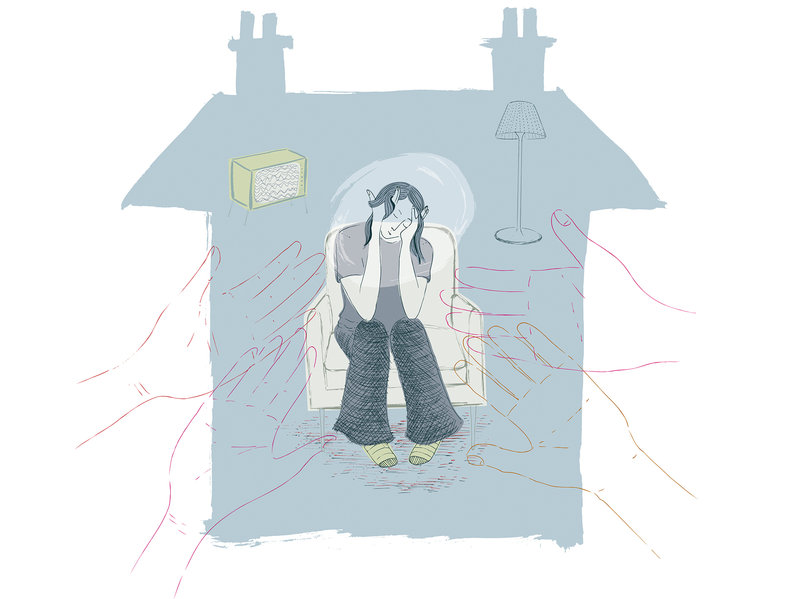 Trying to cope with anxiety disorders, depression, phobias, and other mental health problems can cause a person to lack empathy, too, simply because they are distracted by their own psychological issues.
Trying to cope with anxiety disorders, depression, phobias, and other mental health problems can cause a person to lack empathy, too, simply because they are distracted by their own psychological issues.
Is Lack of Empathy a Mental Illness?
Have you ever been told you lack empathy? Do you know someone who may have lack of empathy disorder? Characteristics of people who lack empathy include:
- Quick to criticize others without considering what that person could be going through or feeling
- Appearing coldly indifferent towards people who are less fortunate
- Always viewing events through a “black or white” lens (they are right and everybody else is wrong)
- Difficulty maintaining steady relationships with family or friends
- Preferring to talk about themselves. They don’t care or attempt to listen to what anybody else has to say
- Blaming people for their own problems even when those problems are unavoidable (example: Fred’s house was destroyed by a tornado.
 His neighbor Al, who lives down the street, blames Fred for the destruction because “he didn’t open his windows” to help reduce the pressure of the tornado. Of course, Al opened his windows and his house did not sustain damage–but only because the tornado did not touch down near his home.)
His neighbor Al, who lives down the street, blames Fred for the destruction because “he didn’t open his windows” to help reduce the pressure of the tornado. Of course, Al opened his windows and his house did not sustain damage–but only because the tornado did not touch down near his home.)
Many people cannot empathize with another person’s suffering but can continue living a fairly normal life. They can hold down jobs, have a loose set of friends, and even get married. However, when signs of lack of empathy disorder are accompanied by signs of sociopathy, the need for mental health treatment becomes critical to that person’s well-being and for the well-being of others.
What differentiates lack of empathy from sociopathy? True sociopaths like serial killers feel no remorse or guilt over committing reprehensible acts. They have no sense of morals, ethics, or concern for others. Sociopaths can appear to be personable, charming, smart, and even charismatic. They are also master manipulators who use people to get what they want, and that includes satisfying the urge to physically or emotionally hurt others.
Can Someone Learn to be More Empathetic?
Developing empathy begins in childhood. Children raised in warm, loving households are much more likely to become empathetic adults. If you have always found it difficult to empathize with others, you might consider counseling to resolve issues involving a troubled childhood. The good news is that research has discovered that people can learn to be more empathetic by consistently making a good-faith attempt to:
- When relevant during a conversation, share your own problems that are similar to what others are talking about. Show that you are truly listening to them by making eye contact and nodding to indicate you understand how they feel.
- Maintaining eye contact is vital to learning how to be more empathetic. Don’t look around the room, check your text messages, or fidget like you are impatient.
- Think about what you are about to say before saying it. If it is sarcastic, inconsiderate, or accusatory, don’t say it.
 It’s better to just continue listening and remaining silent than to say something hurtful.
It’s better to just continue listening and remaining silent than to say something hurtful. - Consider doing volunteer work. Helping individuals who are less fortunate than you is a great way to work on improving your empathetic skills.
- Read self-help books about ways to increase your empathy. Here are five books you can find right now on Amazon: Empathy Books.
Should Someone Seek Help for Lack of Empathy?
Lacking empathy can significantly interfere with your ability to enjoy long-term, heartfelt relationships with family members and friends. Lack of empathy disorder may also hamper your chances of being promoted at work. If you’ve been told you are not empathetic and/or suspect that an inability to be empathetic is related to a mental health or drug or alcohol problem, reach out to us anytime for a free consultation. We may be able to help you address the underlying cause, so you can be more effective at work and fulfilled in your relationships
10 facts about empathy: Society Articles ➕1, 06/22/2020
The scientific concept of “empathy” is more than a hundred years old, but the term has come into fashion among personal growth consultants and business coaches in recent years. Developing empathy as an integral part of "emotional intelligence" is advised to bosses of any rank, politicians and marketers, as it will help them achieve their goals. Plus-one.ru has collected ten scientific facts about empathy, confirmed by scientific research.
Developing empathy as an integral part of "emotional intelligence" is advised to bosses of any rank, politicians and marketers, as it will help them achieve their goals. Plus-one.ru has collected ten scientific facts about empathy, confirmed by scientific research.
Photo: iStock.com
Fact 1: Lack of empathy can be a sign of mental illness. Empathy is an emotional response, empathy for a communication partner. The term is a tracing-paper from the German Einfühlung, introduced in 1885 by Theodor Lipps when describing the impact of art on people.
British psychologist Simon Baron-Cohen proposed a scale of empathy from zero (complete absence) to six (altruism). A complete lack of empathy is associated with various diseases (narcissistic personality disorder, psychopathy, and so on), and an excess of empathy, when a person is constantly focused on the feelings of other people, is commonly called altruism.
It is believed that a large number of people with a high level of empathy makes both people and entire societies virtuous. However, altruists themselves often face difficulties in building personal boundaries.
Fact 2. Empathy is innate and is associated with the work of mirror neurons . This is evidenced by the behavior of a baby who screams when he hears a baby crying from a nearby crib or copying the mother's emotions. This copying is an important part of growing up as a person “learns” emotions. Mirror neurons are involved in the neurophysiological mechanisms of empathy. During the experiments, it was found that if a person is told about something vile, they excite the very neurons that are responsible for disgust, and if they talk about someone else's pain, the brain reacts as if the pain is experienced by its owner.
Fact 3. Empathy is not unique to humans. The Dutch primatologist Frans de Waal describes examples of helping behavior in animals in the book In Search of Humanity in Primates. Just like in humans, empathic (helping) behavior is based on experience. In a number of experiments, it has been proven that rats try to help their relatives in danger through which they themselves have passed. In the course of experiments at the Japanese Kansei Gakuin University, one rat sank into a tank of water, while the other had the opportunity to open the door of this tank in order to save her. Behind another door, there was a chocolate treat nearby. The second rat first saved the first, and then shared food with her. Those rats that were already drowning in a tank of water reacted faster than the others.
Just like in humans, empathic (helping) behavior is based on experience. In a number of experiments, it has been proven that rats try to help their relatives in danger through which they themselves have passed. In the course of experiments at the Japanese Kansei Gakuin University, one rat sank into a tank of water, while the other had the opportunity to open the door of this tank in order to save her. Behind another door, there was a chocolate treat nearby. The second rat first saved the first, and then shared food with her. Those rats that were already drowning in a tank of water reacted faster than the others.
Fact 4. Empathy is only partially transmitted genetically. This was shown by a study at the University of Cambridge, in which 46,000 people took part: each test subject completed a survey and received an “empathy coefficient” as a result, and also passed saliva samples for a DNA test. In this experiment, scientists looked for differences in genes that could explain why some people are more empathic than others.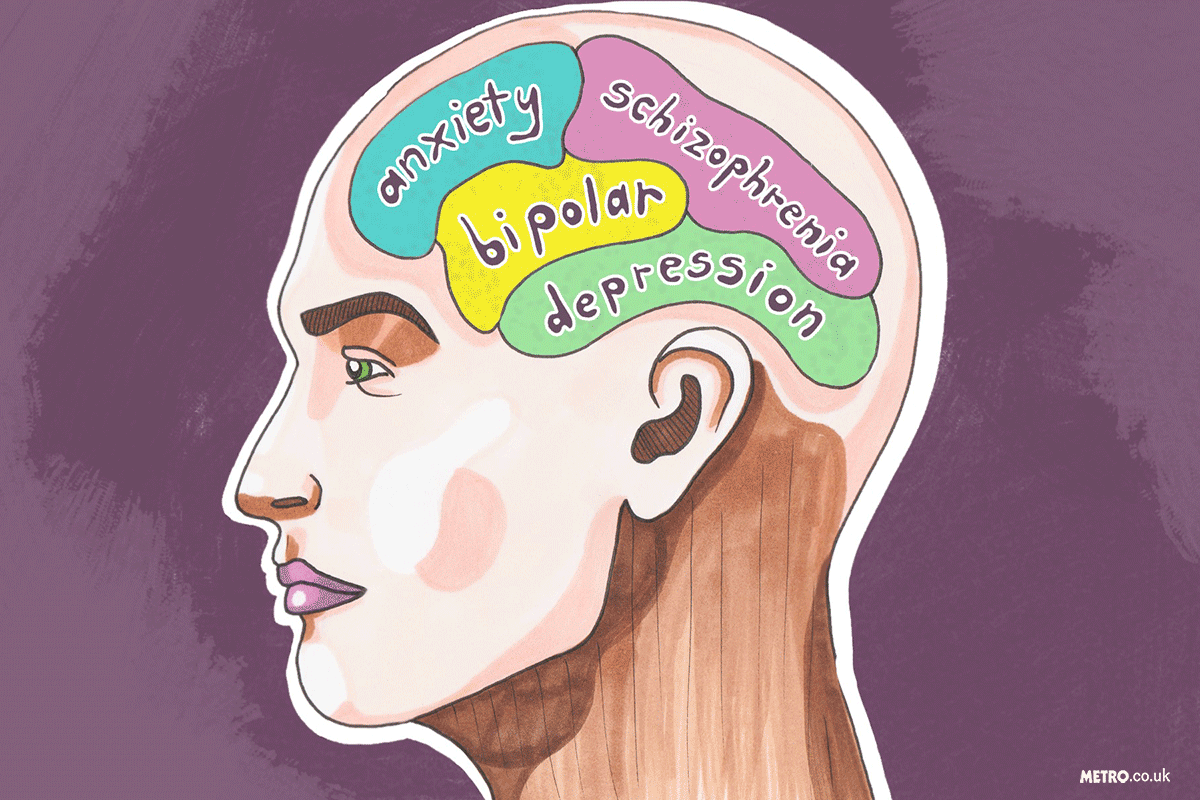 Experience has shown that only in 10% of cases the ability to empathize in humans is genetically determined. At the same time, scientists have not yet discovered a specific “empathy gene”. AT 90% empathy is a cultural product.
Experience has shown that only in 10% of cases the ability to empathize in humans is genetically determined. At the same time, scientists have not yet discovered a specific “empathy gene”. AT 90% empathy is a cultural product.
Fact 5: Women are more empathetic than men. Experiments by a group of scientists from the US, Italy and the UK show that women are more empathetic than men. However, this is due not so much to biological characteristics, but to cultural norms: gender attitudes, activities related to caring for loved ones.
Empathy also has a number of "politically incorrect" properties: we are more willing to show it in relation to outwardly attractive people, as well as to people of our own race and nationality. At the same time, in multicultural societies with rich experience in combating xenophobia, this gap is not so clear.
Fact 6. The level of empathy is not constant. Changes depend on many circumstances: experience, state of mind, external factors, and so on. The famous experiment of Professor Stanley Milgram of Yale University proved that people are highly dependent on authorities for manifestations of empathy. As part of the experiment, participants were asked to inflict pain (shock) on another person (in reality, an actor). Despite their doubts, most of the participants agreed to gradually increase the current and cause suffering, as a “scientist” in a white coat stood nearby and encouraged them with the phrases: “Please continue”, “It is absolutely necessary that you continue”, and so on. Of the 40 participants, 26 reached the end of the scale (when the suffering inflicted was the highest).
Changes depend on many circumstances: experience, state of mind, external factors, and so on. The famous experiment of Professor Stanley Milgram of Yale University proved that people are highly dependent on authorities for manifestations of empathy. As part of the experiment, participants were asked to inflict pain (shock) on another person (in reality, an actor). Despite their doubts, most of the participants agreed to gradually increase the current and cause suffering, as a “scientist” in a white coat stood nearby and encouraged them with the phrases: “Please continue”, “It is absolutely necessary that you continue”, and so on. Of the 40 participants, 26 reached the end of the scale (when the suffering inflicted was the highest).
Subsequently, scientists repeated the Milgram experiment several times, and the results turned out to be close to the original ones. In particular, Jerry M. Burger repeated the experiment in 2009, changing several protocols in accordance with ethical requirements. During the experiment, participants could see how others refused to continue the experience, but even in this state, many obeyed the "doctors".
During the experiment, participants could see how others refused to continue the experience, but even in this state, many obeyed the "doctors".
Fact 7. Reduced empathy does not lead to aggressive behavior. A study of several dozen violent offenders found reduced levels of empathy in perpetrators. Aggressive participants in the experiment had a decrease in empathic response to emotional videos of others suffering. However, in people suffering from narcissistic disorders and psychopathy, empathy can also be reduced, but they are not prone to violent actions. It turned out that the decrease in empathy in aggressive men was caused by alexithymia - the inability to describe one's own state, focusing on external events to the detriment of internal experiences, a tendency to utilitarian thinking with a deficit of emotional reactions.
Fact 8. The bystander effect reduces empathy. Empathy tends to "dissipate": hence people's idea of "loneliness in a crowd", of the rigidity of city dwellers compared to village dwellers.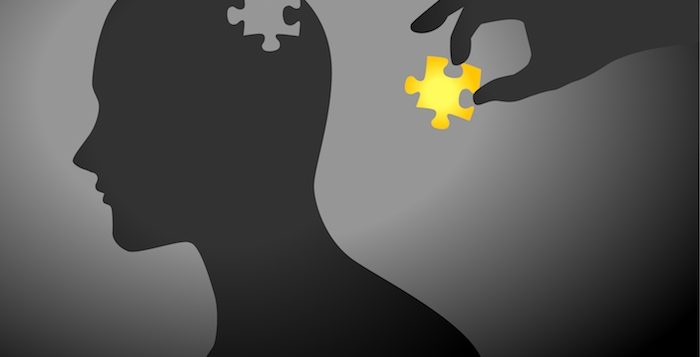 Psychologists John Darley and Bibb Latane conducted an experiment they called the "witness effect": experimental students were taken to different rooms, where they were offered to listen to how an actor (students did not know that he was an actor) played out a scene of an epileptic seizure. If the participant in the experiment believed that he was the only witness of the "attack", the victim received help in 85% of cases, if the participants knew that there were two of them - in 62%, if they thought that there were five of them - only in 31% of cases. Scientists have called this effect “responsibility diffusion”.
Psychologists John Darley and Bibb Latane conducted an experiment they called the "witness effect": experimental students were taken to different rooms, where they were offered to listen to how an actor (students did not know that he was an actor) played out a scene of an epileptic seizure. If the participant in the experiment believed that he was the only witness of the "attack", the victim received help in 85% of cases, if the participants knew that there were two of them - in 62%, if they thought that there were five of them - only in 31% of cases. Scientists have called this effect “responsibility diffusion”.
Fact 9. Empathy helps you be more successful. In modern business, empathy has become an important element of management. A joint study on the psychology of hedge fund managers by researchers at the University of Denver and the University of California at Berkeley found that people with reduced empathy and pronounced psychopathic traits are more successful in name than in deed. Ruthlessness and callousness in the modern world help business less. Psychopaths often cause chaos in the workplace, their actions lead to staff drain and reduced employee productivity.
Ruthlessness and callousness in the modern world help business less. Psychopaths often cause chaos in the workplace, their actions lead to staff drain and reduced employee productivity.
Fact 10. Empathy and happiness are related. Happy people tend to be more altruistic and empathetic than unhappy people. Child behavior researchers have found that children who are often punished are less generous than those who are not punished at all or rarely punished. At the same time, helping others improves bad moods and prolongs good ones. Charles Darwin argued that we ourselves need empathy in order to live in harmony with our conscience: “If we, under the influence of selfishness, do not follow the desire to help our neighbor, then later, when we vividly imagine the disaster we are experiencing, the desire to help will arise again and its dissatisfaction will cause in us painful pangs of conscience.
Author
Ekaterina Drankina
The relationship between empathy and schizophrenia was explained genetically
The variability in the ability to empathize is explained by a genetic predisposition to certain mental conditions, including schizophrenia. This was found out by a group of scientists from the UK and Denmark during a study on the genetic material of about 46,000 participants in the 23andMe project. Article published in the journal Nature Translational Psychiatry .
This was found out by a group of scientists from the UK and Denmark during a study on the genetic material of about 46,000 participants in the 23andMe project. Article published in the journal Nature Translational Psychiatry .
The formation of empathy is mainly associated with the early stages of development: the ability to determine the feelings of another person and respond appropriately to them largely depends on upbringing and social interaction in childhood. However, differences in empathy do not only depend on external factors: for example, the ability to empathize in women is higher than in men. In addition, different ability to empathize is also associated with the presence of various mental illnesses and disorders: in autism, for example, the ability to understand the state of another person is weakened, while the ability to provide emotional support (another important component of empathy is affective) is less affected. .
It is the involvement of these factors in the individual ability to empathy that allowed scientists to suggest that its development can be biologically determined, namely, phenotypically, that is, dependent on genetic variations. To study this, scientists led by Simon Baron-Cohen of the University of Cambridge conducted a genome-wide association search on the genetic material of 46,861 Europeans: 24,543 females and 22,318 males.
To study this, scientists led by Simon Baron-Cohen of the University of Cambridge conducted a genome-wide association search on the genetic material of 46,861 Europeans: 24,543 females and 22,318 males.
The ability to empathize was self-reported by participants using a short questionnaire consisting of descriptions of 60 situations: according to the results of this survey, participants were assigned a score from 0 to 80, where a higher score is associated with greater ability to express empathy.
Scientists have discovered one genetic marker that explains the variability in empathy regardless of gender: a single nucleotide polymorphism in the intron of the TMEM132C protein. In addition, the researchers also found that there were no significant differences in genetic variation between men and women with different scores on the empathy scale, with women's scores on this scale significantly higher than men's. According to scientists, this indicates that the phenotypic differences in the ability to empathize between the two sexes are explained by environmental factors, and not genetically.